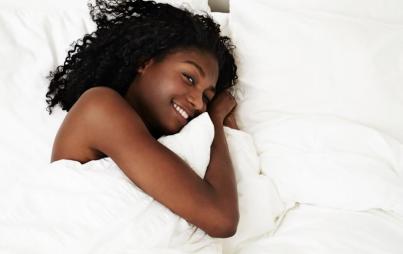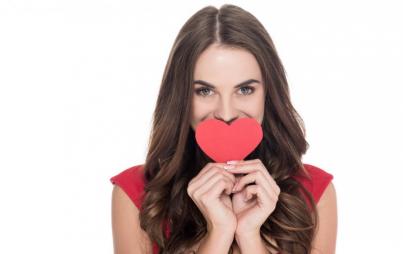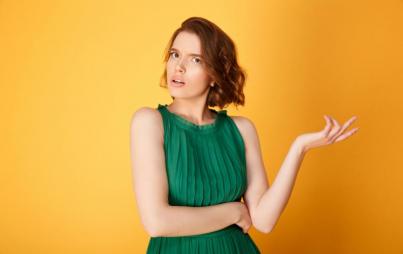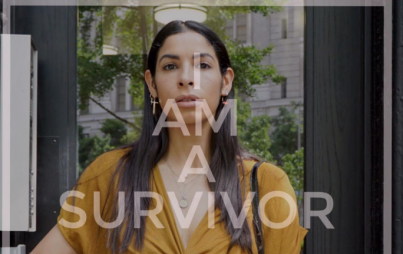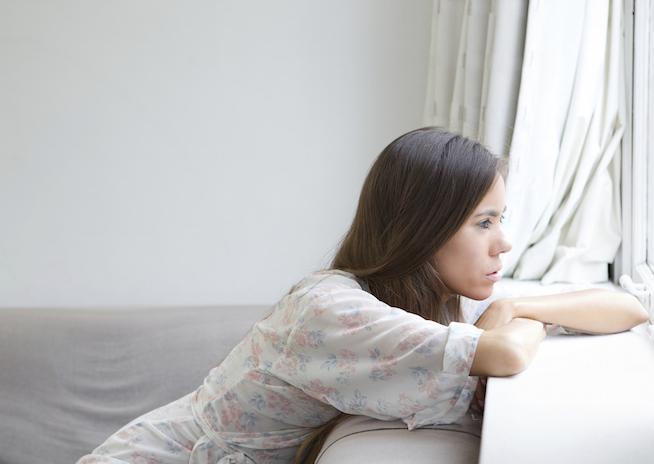
When I was single, people assumed I was looking. Especially if you’re a woman, people assume you’re hungry for a man. The awkward truth is that I was.
“Now all of us single people are pathetic, not just the straight ones.”
This, according to Michael Cobb for the New York Times, following last month’s monumental Supreme Court ruling that made same sex marriage a right nationwide. Cobb is the author of Single: Argument for the Uncoupled, and a self described “relatively happy single person.” He speaks as one voice from a minority of queer activists not celebrating the ruling, members of the LGBTQ community who’ve been long disappointed by the fact that marriage equality activists pursued assimilation rather than challenging the institution of marriage itself. Marriage is an institution that bestows a constellation of unearned material and immaterial benefits upon the betrothed, they say, and that making marriage an option for all pushed individuals in non-traditional relationships — whether by choice or by circumstance — even much further into the margins.
Cobb’s essay, in particular, argues that promoting marriage stigmatizes being single, and even those of us thrilled by the ruling must concede he has a point — especially if you listen to the ruling’s language, which described marriage as the “highest ideals of love, fidelity, devotion, sacrifice, and family” and that to be denied the right to marriage is to be “condemned to live in loneliness.”
Of course, anyone who’s in a committed, monogamous relationship already knows the significance assigned to having a “significant other.” Six days before the Supreme Court ruling, my boyfriend, Arran, moved into my apartment. It was a happy occasion. We were thrilled to hire a truck and coerce a handful of friends into helping us integrate our belongings into the rent-controlled one bedroom apartment we had spent the months prior to the move painting and updating. The last couple of weeks have been spent culling our kitchen supplies and hanging our art, and outfitting our nest with new towels and fresh sheets. I am only a little embarrassed to admit the amount of time we’ve spent at places like The Container Store, Pottery Barn, and Home Depot. Not exactly marriage but, for all intents and purposes, close enough.
Even before our moving in together, I enjoyed the privileges of being "coupled." It may seem small, but I’d never gotten so many "likes" as I did the first time I changed my Facebook status to declare I was in a relationship. And it’s hard not to notice that a status written by either of us proclaiming our love, even jokingly, seems to garner more attention than any article I will ever write. I can’t help but feel more a part of the social order, welcomed into a pack, when my aunt — that’s my estranged father’s sister — comments on every smiling photo of the two of us. People "like" love, literally and figuratively. Even if it’s for the wrong reasons, it feels good to feel liked.
When I was single, people assumed I was looking. Especially if you’re a woman, people assume you’re hungry for a man. The awkward truth is that I was. Sure, there were aspects I liked about being single. The last few months before Arran moved in, in particular, I relished in the solitude and freedom living on my own. Even so — and in spite of past difficulties materially and emotionally extricating myself from the wrong relationships — when I’m single, I long for coupledom because let’s face it: being in a relationship — even the wrong relationship — is, in many ways, easier. When I was single, I missed the convenience of having someone to share dinner with, someone to send to the store to pick up soy milk, someone other than me to walk the dog. You have someone to listen to the trials of your day, not to mention someone who splits the rent. It would be disingenuous not to acknowledge that the biggest incentive towards coupledom (sharing space, in particular) is financial. Now that we are co-habitating, his standard of living has risen; mine has soared.
Awhile back in The Nation, Samhita Mukhopadyay argued that while the “empowered single lady” trope has taken off in recent years, the consequences of being single are still real, and much harder for some women to bear than others. “There are women who live in the borderlands of hetero-normativity, where single may not be an empowering choice, but instead a cast upon reality full of judgments and unfair treatment.”
Mukhopadyay is talking, most specifically, about poor women and women of color. Having experienced a lifetime of financial insecurity, I can relate. Beyond the immaterial gains, living with a boyfriend means there are no more “$7 ‘til next Tuesday” scenarios. A double income means no more “I’ll pay my rent when I get my check.” Last weekend we opened a joint bank account, and just walking in to Chase felt a lot different than any time I’d gone in before, typically in tears of shame and outrage, some nominal fee having overdrawn my account. Around the time we decided to move in together, Arran and I agreed to use a portion of his savings to pay off the balance of one of my high-interest credit cards. At the start of the month, he put me on his healthcare. Don’t get me wrong — I’m not at all confused about why we’re together, but it’s a discomforting comfort to feel taken care of as part of couple in a way that simply wasn’t possible when I was in charge of taking care of myself.
“In forming a marital union, two people become something greater than once they were,” Justice Kennedy said in his ruling. This feels true, as much as I’d rather it didn’t. To hear a judge describe marriage as a “keystone of social order” and say that “no union is more profound” sets off every social justice alarm of mine. I cannot help but think of who this excludes, including my former single self. I am reminded by Caleb Luna that romantic love is a cultural construct. Being coupled is a privilege, and to exist outside of a couple is, as Michael Cobb says, “to assume an antisocial position that is ruthlessly discouraged.”
Singles, Cobb says, might just be the single most reviled sexual minorities today.
Maybe he’s right. Fucked up as it is, I certainly feel more “equal dignity” just because I no longer live alone.



